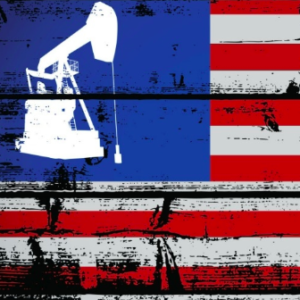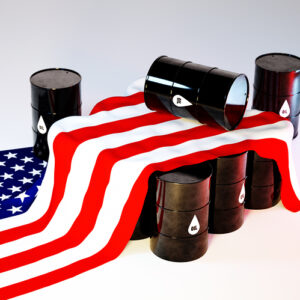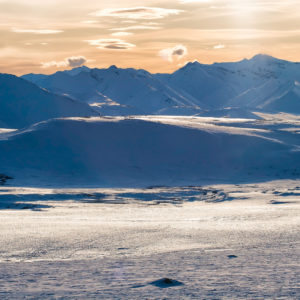SOMMERS: Ahead of Debate, Here’s How Biden, Trump Can Secure Energy Leadership, Reduce Inflation

As Americans continue to struggle with higher costs, they look to President Biden and former president Donald Trump to articulate their plans to combat inflation during their Thursday debate.
Reliable, affordable energy should be a pillar of any serious plan to fight inflation. Yet, misguided policies and heavy-handed regulations from Washington threaten to undermine America’s existing energy advantage — built on abundant oil and natural gas — and potentially increase costs further.
Here are five actions that Americans watching the debate should be looking for from each candidate.
—Leverage our abundant natural resources. Developing oil and natural gas on public lands and waters is a bedrock of the energy needed to power the economy and help keep energy-related consumer costs in check. It’s also critical to American energy security. For affordability and security, we must harness our vast energy resources, starting with oil and natural gas.
But the current administration needs to do that. For example, its five-year offshore oil and natural gas leasing program offers no sales in 2024 and a maximum of three through 2029. This is the weakest program ever proposed, especially when Americans and the world need more energy.
A more robust and predictable offshore leasing program is essential to an affordable energy future.
—Fix the broken federal permitting system. Building all infrastructure, not just essential energy projects, is too long and cumbersome. And it’s more than potholes and crumbling bridges. Building renewable energy projects, oil pipelines, airports and other needed improvements is nearly impossible due to the broken permitting system.
Reviews under the National Environmental Policy Act already take four and a half years, delaying billions in investment, making it harder to get affordable energy from where it’s produced to where it’s needed, and ultimately affecting families and businesses.
Comprehensive permitting reform is needed to expedite the process and benefit all sectors of the economy.
—Protect consumer choice. When it comes to energy, consumers deserve more freedom, not less. Government mandates don’t work. Over the last four years, Washington bureaucrats have considered banning new gas stoves and furnaces. What’s next?
Now, they’re targeting cars and trucks through the EPA’s recent tailpipe emissions rule and the Transportation Department’s fuel-economy standards — both of which should be rolled back.
If not, the government will force automakers to produce more electric vehicles, even as gasoline-powered vehicles become less accessible and more costly.
—Restore America’s geopolitical strength. Energy security is national security. America’s oil and natural gas abundance is the envy of the world. It should be leveraged to protect our citizens and allies.
U.S. exports of liquefied natural gas (LNG) strengthen our competitive edge against global adversaries. American LNG enables other countries to lower their emissions by replacing dirtier fuels, replicating the success that has made the U.S. a leader in global emissions reduction.
The Energy Department should lift the pause on LNG permits and promptly approve pending export applications to support America’s status as the world’s leading LNG supplier, affirm commitments to allies, unlock billions in investment and create American jobs.
—Advance sensible tax policy. The U.S. oil and natural gas industry supports more than 11 million jobs and drives billions in annual domestic investment. However, capital flows where capital is welcome, and U.S. tax policy must be competitive with other countries to ensure the next chapter of our energy future is written in America.
Specifically, our nation’s tax policy must ensure taxpayers reap the benefits of continued investments in America’s energy resources. At a time when the American people and small businesses feel the sting of inflation, we cannot afford to raise taxes that undermine our economic and energy security.
Moving forward, Americans are tired of the punishing increases in the cost of living and basic necessities.
Our five-point roadmap offers a clear path to strengthen our nation’s energy advantage and deliver economic benefits to the American people. It’s time to work together on solutions that could help mitigate inflation while securing America’s energy future.










